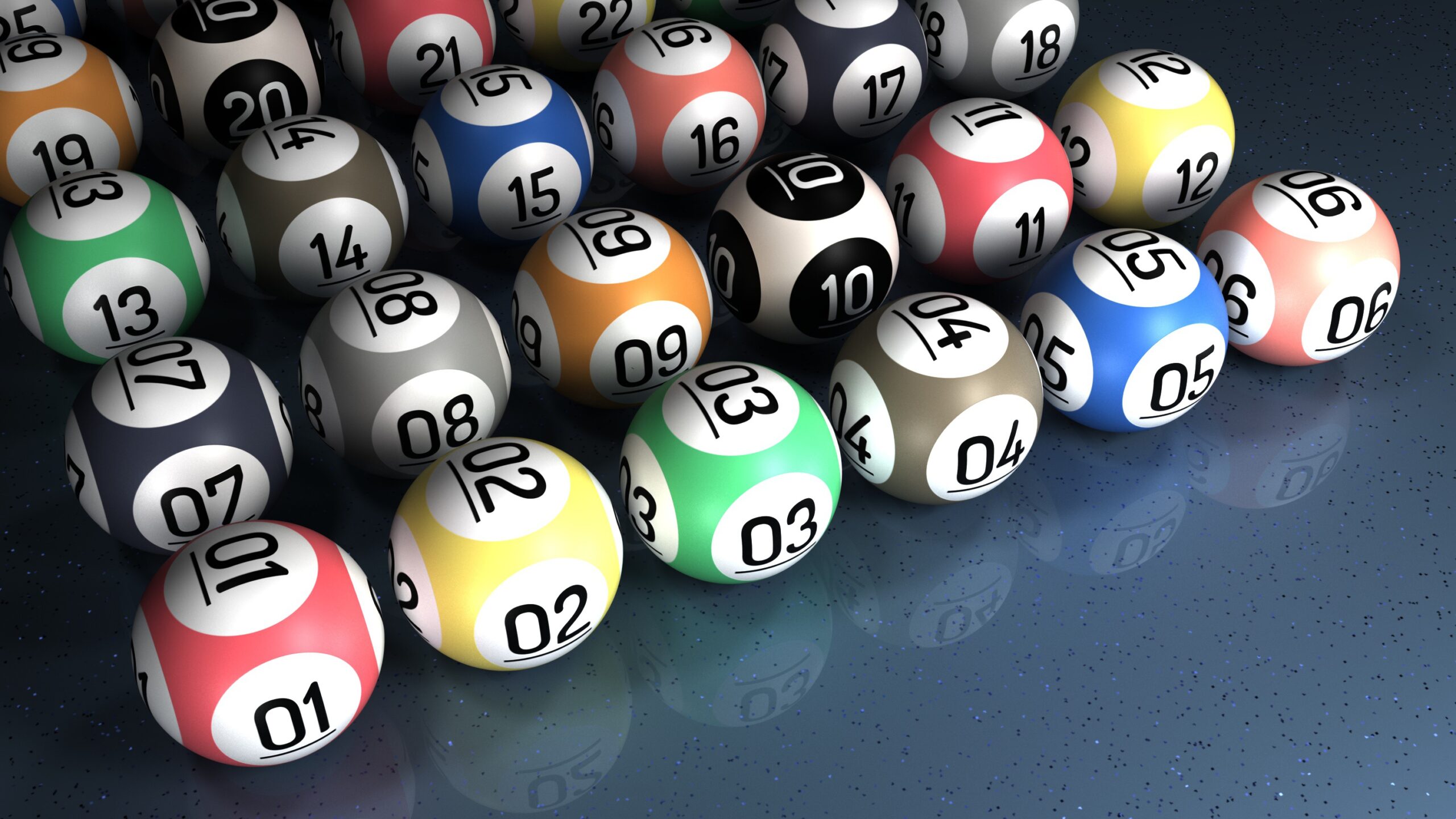I write “grandma” as a generic older family member name since it sounded funniest.
A few days ago, I was attending a family dinner. We were all chatting about the usual stuff: some uncle asks me about stock tips (as if I would know anything with just a bit of math knowledge), and another asks whether I’m good at chess, after which he challenges me to calculate 682×579 quickly in my head… Admittedly, I do tend to enjoy these conversations despite their superficial nature. But this time a new one came up when a grandma suddenly said:
Back in the day, I’d grab one of those lottery tickets every Friday, and it only cost four bucks. Just the other day, I went down to the kiosk again, and now those damn things cost over 20! And I thought, ‘They can kiss my ass! That’s a hell of a lot for a lottery ticket!‘
Grandma
It was a comment that should have immediately been recognized as absurd, and yet, to my surprise, everyone else around the table seemed to take her words at face value. Instead of pointing out the flaw in the logic, the rest of the gathering debated whether the price was really that high, agreed that it was an example of inflation, and shared all sorts of tips about how to win. Some uncle said “no it’s not over 20, isn’t it 15?” while another mentioned that “I’ve heard that if you bet on [some specific numbers] your chance of winning is higher!”
Just like most of the world, they had been impacted by inflation over the past few years, so they fallaciously generalized that development to lottery tickets as well. But inflation does not “apply” in this situation, since the price of a ticket isn’t determined by the cost of producing the ticket or maintaining a service. Instead, it’s more or less arbitrary, designed around balancing sales with the payout structure—not external economic forces.
The core issue in the statement lies in the fact that we do not know anything about the development of the expected value of the bet, i.e., how much we will win on average for a $100 bet. For example, if a banana of 70g suddenly doubled in price, but also in size to 140g, it would not really be more expensive, nor an example of inflation. Similarly, it could very well be that in 1990 (or whenever it was), the $4 ticket on average returned $2 (50% payout), while the $20 bet today on average returns $15 (75% payout). Probably not, but more likely, the prizes have changed proportionately.
Now, I would just be hypothesizing if I didn’t actually check the data: did the prizes actually change proportionately with the prices? (Note that z ≠ c.) I could in theory calculate the average payout percentage in 1990 and 2024, but it was hard (or impossible?) to find historical data for how the game used to work, so although I’m a mathematician I am lazy (or perhaps because I’m a mathematician I am lazy), so I chose to just email them. I trust their reply since they’re a regulated institution (and the number is so bad anyway that I don’t think they’re lying), and they confirm that the average payout is and always has been… hold on — 45%?! That’s it?! I knew it was a bad deal, but wow, that’s just impressively awful. Almost laughable. Guess I’ll just invest my $20 in a few sandwiches next time. But the point is that Granny’s old $4 ticket on average paid out $1.8, while her new $20 ticket pays out $9. Five of her old $4 tickets cost $20 and would pay out $1.8 × 5 = $9, the exact same amount.
With all that said, however, I do acknowledge that it is not exactly the same situation, not least because there is a psychological difference. If you just want to “buy hope” each Friday, paying $4 a week vs. $20 is a big difference, since even though the probability of winning $X increases from 0.0001% to 0.0005%, you will either way probably never win. You simply waste less money in the first example, i.e., you bet less, and betting less generally translates to losing less. The real value in the ticket lies in the hope and excitement of seeing the numbers (not) match, not the actual amount you win on average, so if you can buy the same amount of hope and excitement for $4 then as $20 now, Granny was actually right that today’s ticket is more expensive compared to what you get… Except now we can discuss inflation, since the price of hope has increased (while the monetary expected value is the same, this can be ignored), so all in all it would probably be the same inflation-adjusted expense if you’d buy a ticket every Friday like Granny.
Either way, don’t play the lottery.
</rant>
